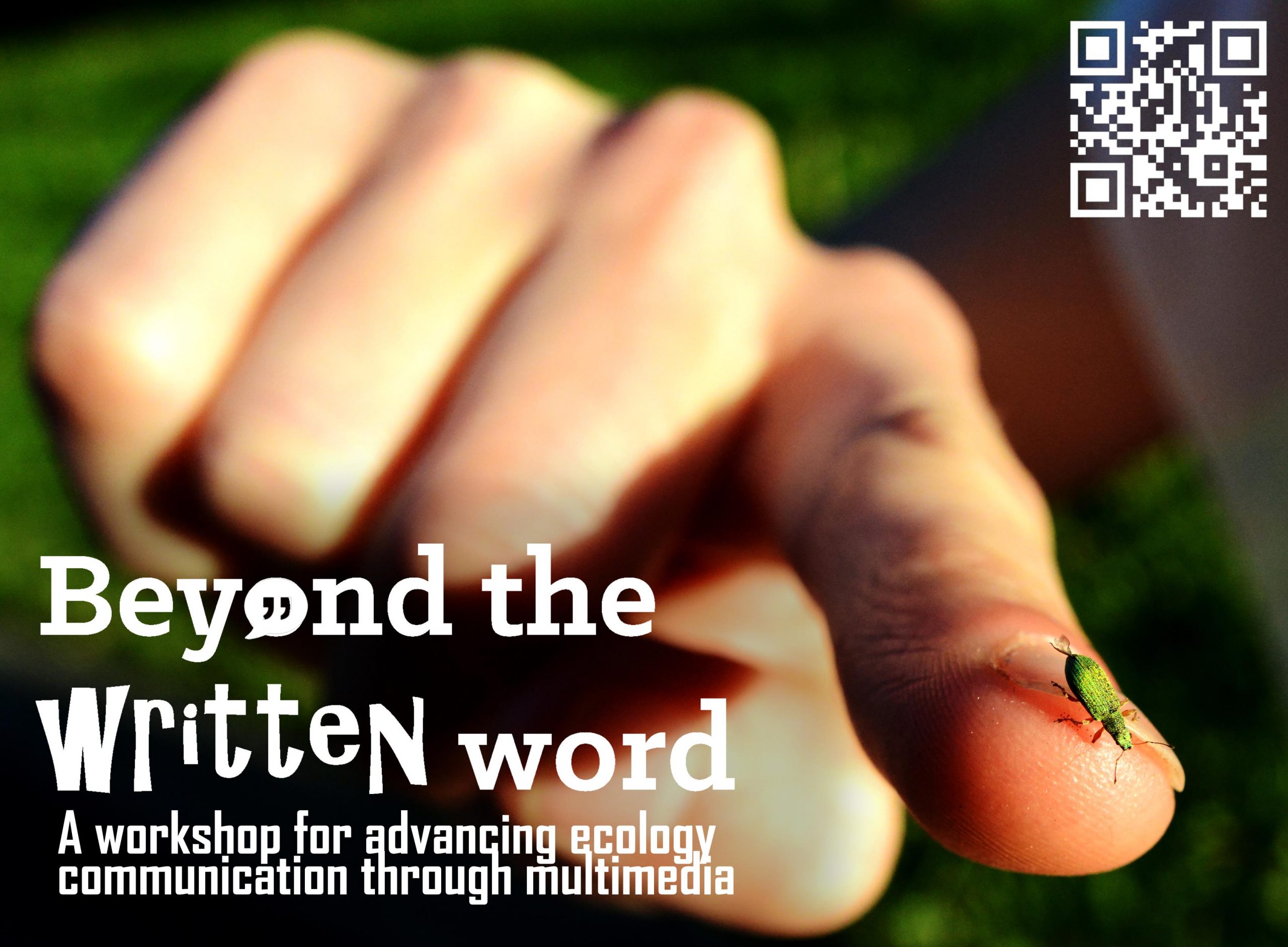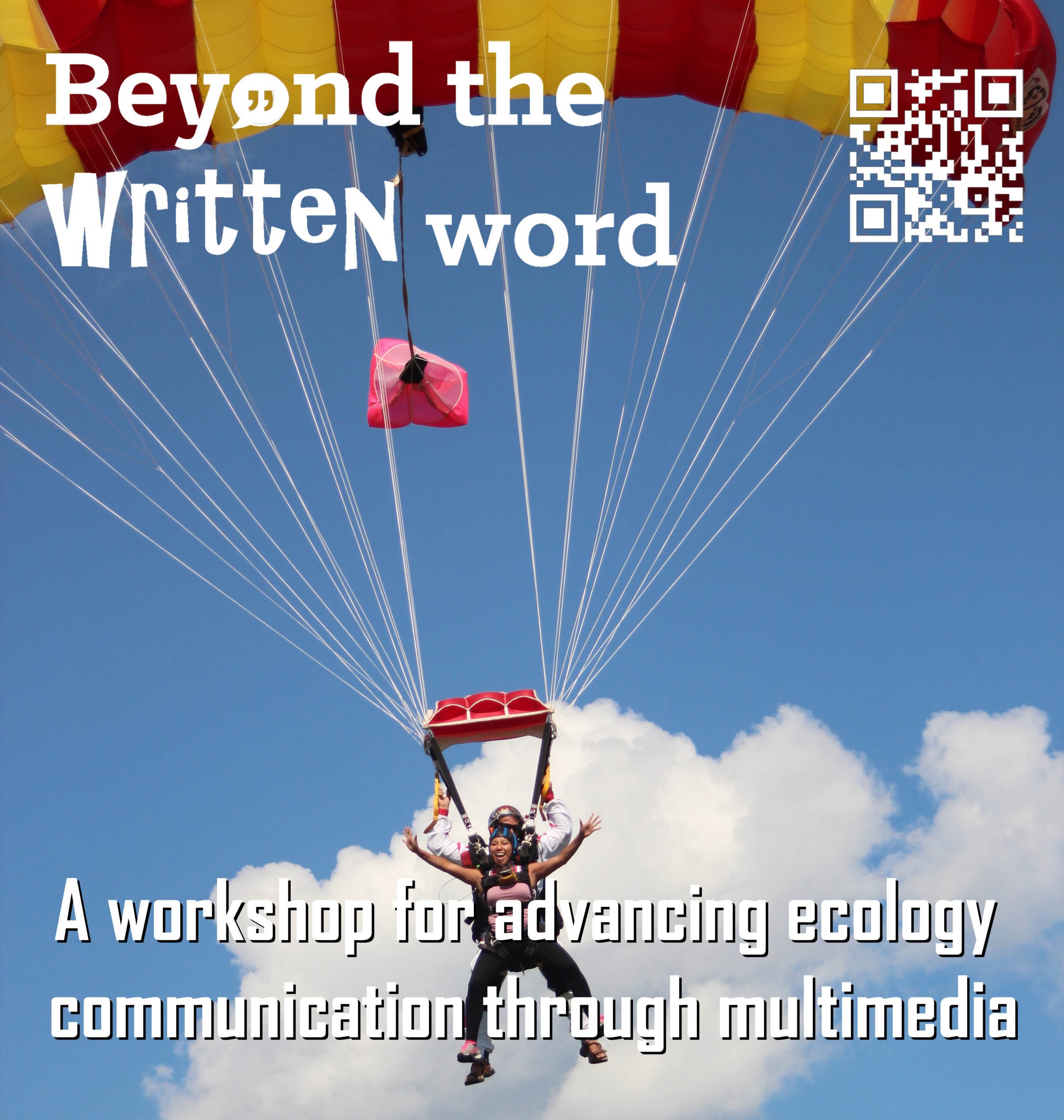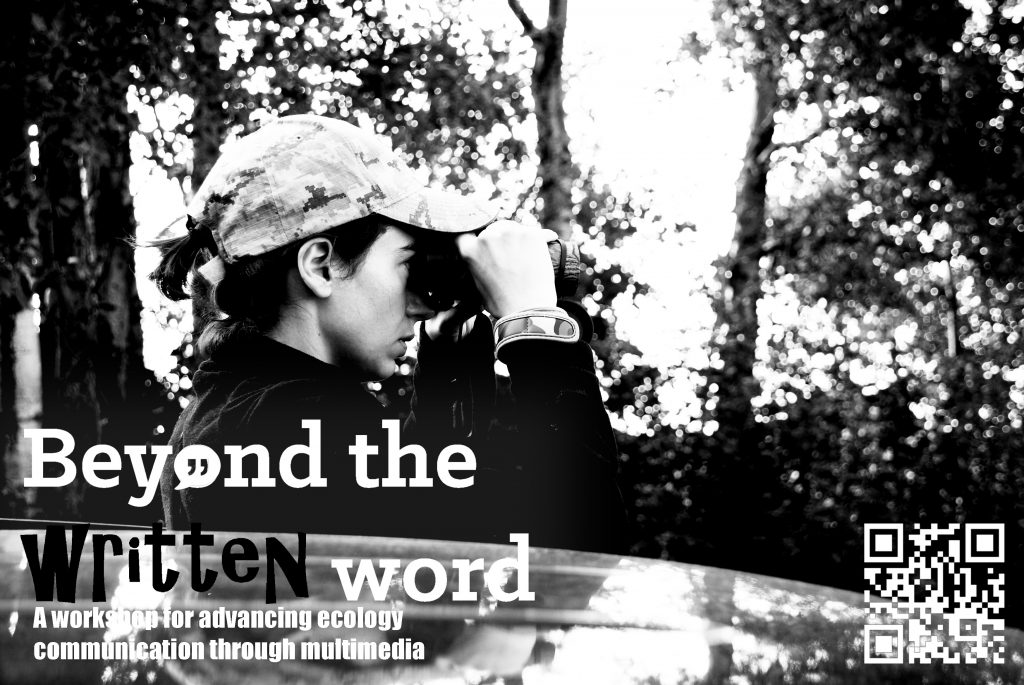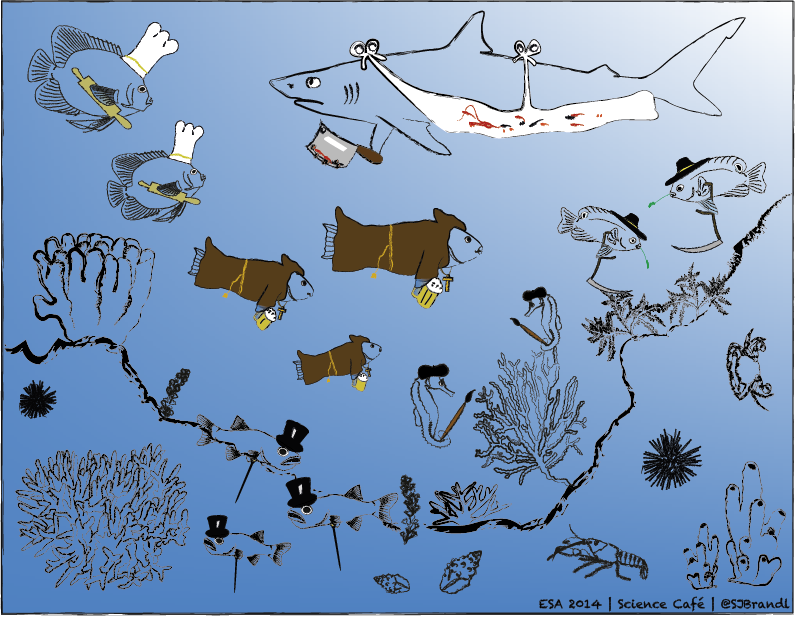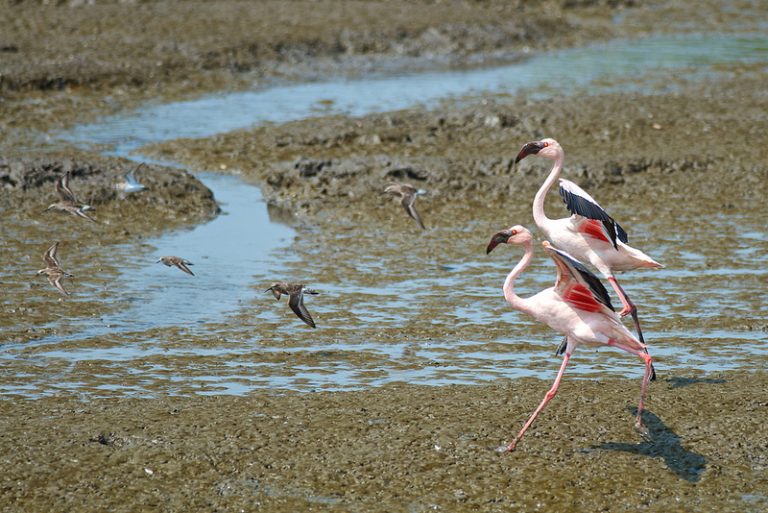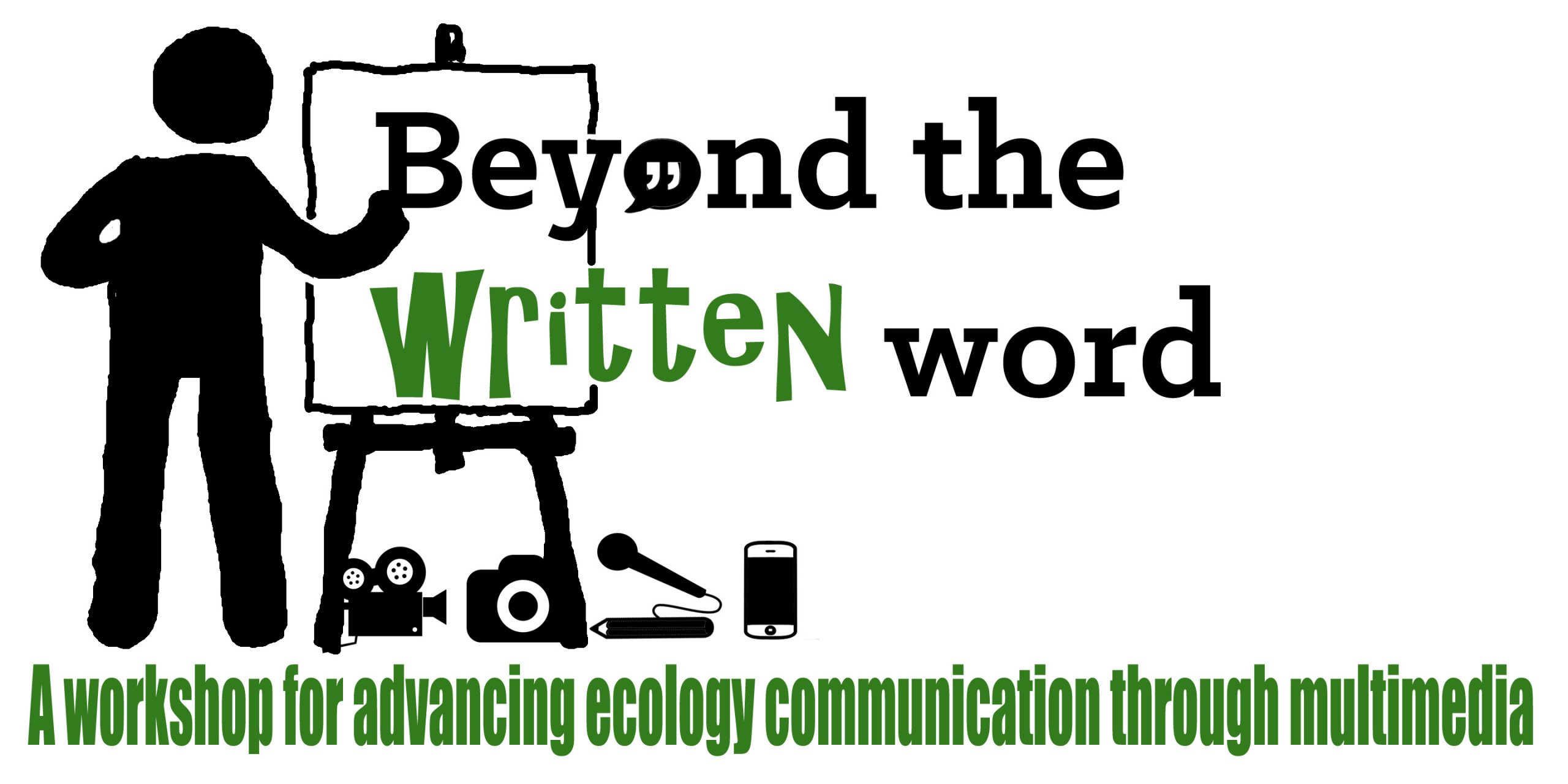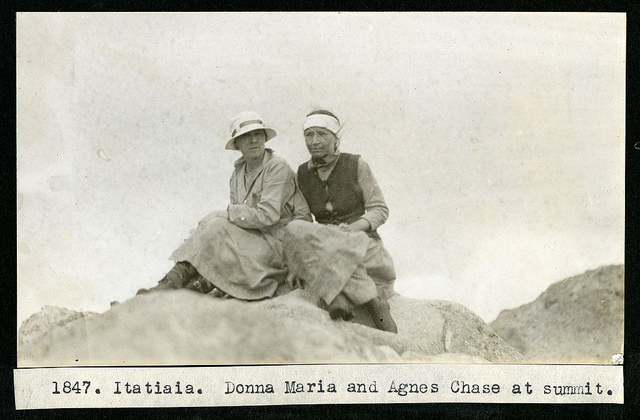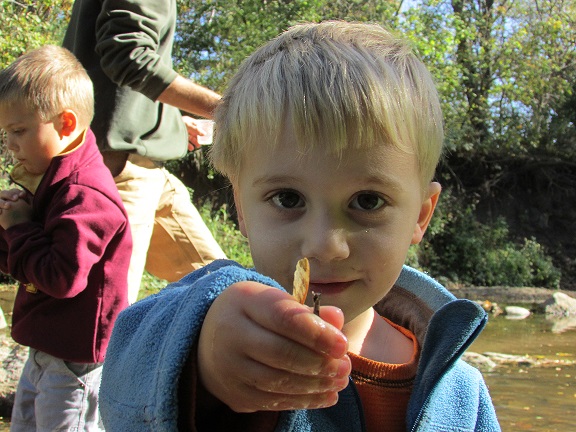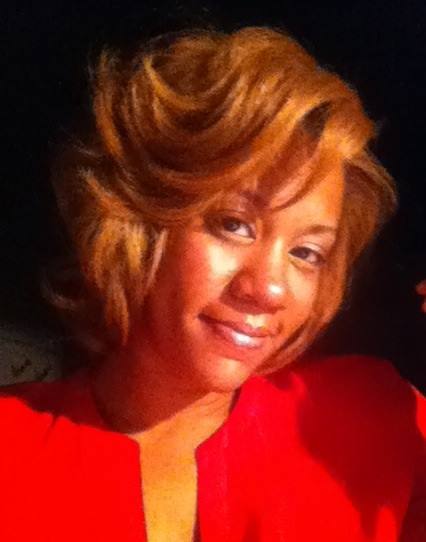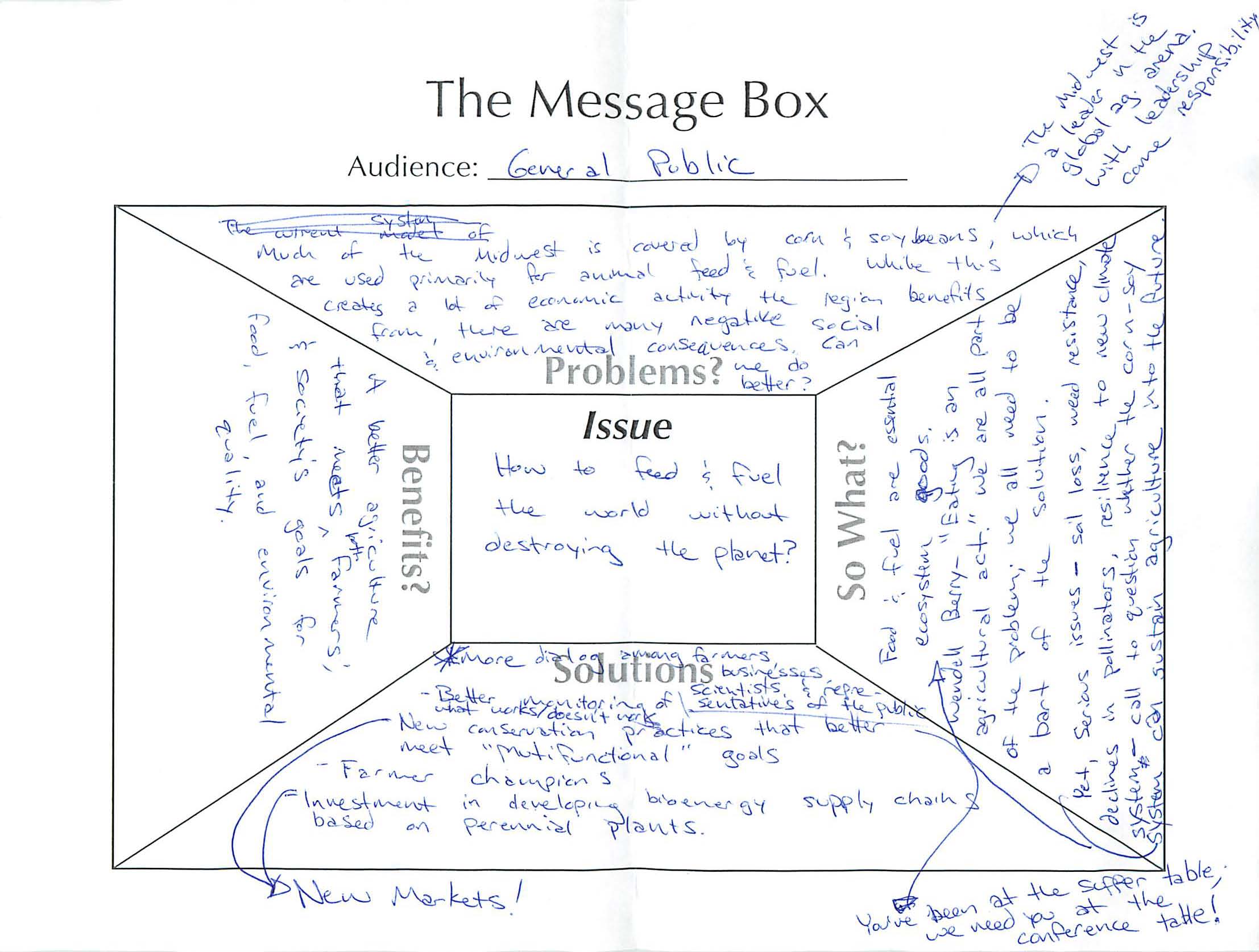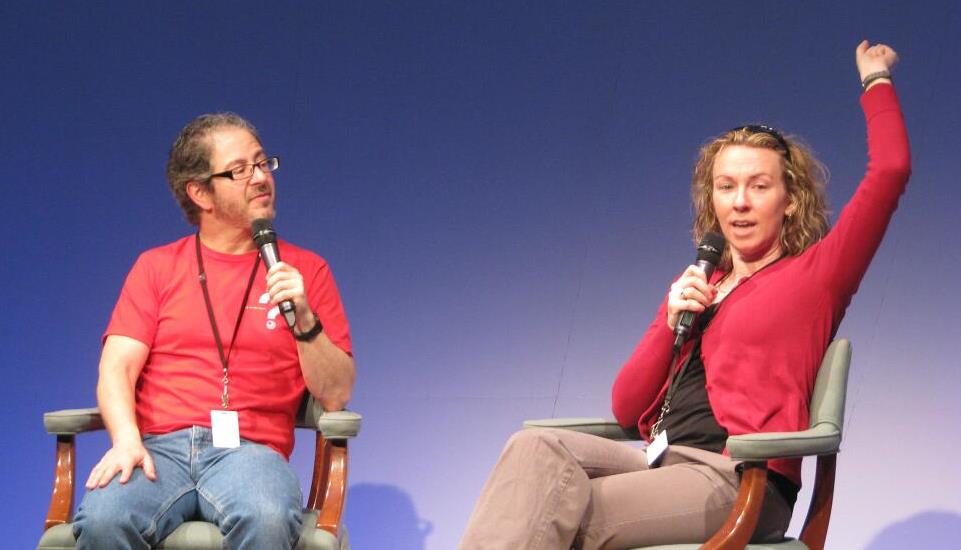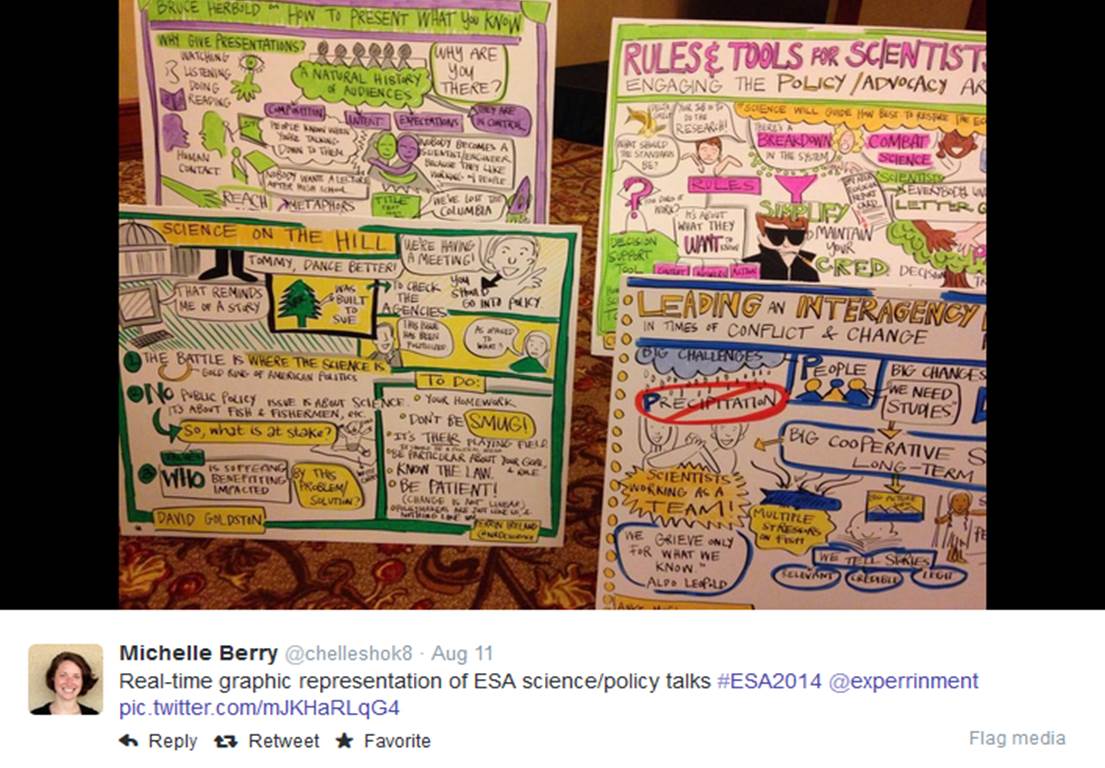
New Frontiers in Eco-Communication
Guest post by Clarisse Hart, Outreach and Education Manager at Harvard Forest Today in the Hyatt hallway, I passed a colleague with an imposing nametag terraced by four colors of ribbon. He is an ESA donor, a moderator, and two other things I can’t recall (possibly a juggler). This year my nametag has a ribbon, too. It’s a regular…
